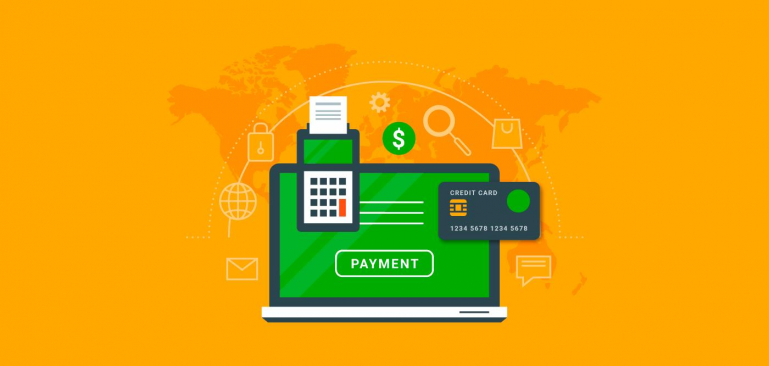Owning an online company can, no doubt, be very rewarding and lucrative. It gives you the freedom to determine your own working hours as well as control over your ‘office’ environment so, for those who prefer to get things done in their own time, their own space and, perhaps most importantly, their own way, an online company that provides either services or goods is a great option. Another benefit is that, since you are the business owner, you are also in complete control of how the company’s profits get distributed.
The flip side of

The quickest and most effective way of ensuring that someone will never do business with you again, is to give bad service: especially (for online businesses) where it involves the exchange of money. In a world where online fraud is so prevalent, an online sale carries a potentially huge risk for both seller and buyer, so it is vital that you take every possible precaution to make sure that neither your customers nor your business is financially compromised in any way.
One
Do check: Salient Features Of
What is a payment gateway?
A payment gateway functions very much like an electronic credit card transaction processing facility or ‘point of sale’ designed to process card payments. So, in simple terms, it is a service that guarantees secure online paymentsby verifying your customer’s credit card details. It then establishes that your customer has the funds available to afford the purchase and if he or she does, that you as the merchant get paid.
Be careful, though, not to confuse a payment gateway with online merchant accounts.
How do payment gateways work?
(Although the theory (below) might take a while to explain, in practice the process happens almost instantaneously.)
Step 1:
When a customer has decided to purchase an item from your online store, he or she will almost always be required to enter their credit card details into designated fields on the payment page of your website. Once they confirm the purchase, this information is encoded and directed to your chosen payment gateway.
Step 2:
Your payment gateway will then immediately offload all these details from your site and send them on to be validated by the customer’s bank. The bank will also check that the card holder has the required funds available.
Step 3:
If the bank approves the transaction, your payment gateway will authorise the sale and inform you usually via email and a confirmation notice on your website.
Step 4:
The payment gateway will finally ensure that the money generated by the sale is settled into your account.
With all this in
Author
This article is written by Gaurav, a Digital Marketer & Pro. Blogger since 2008. He’s helping bloggers to set up their blogs professionally & to make some bucks from it. Right now he’s managing Delhi Courses, an institute for affordable & professional studies.
